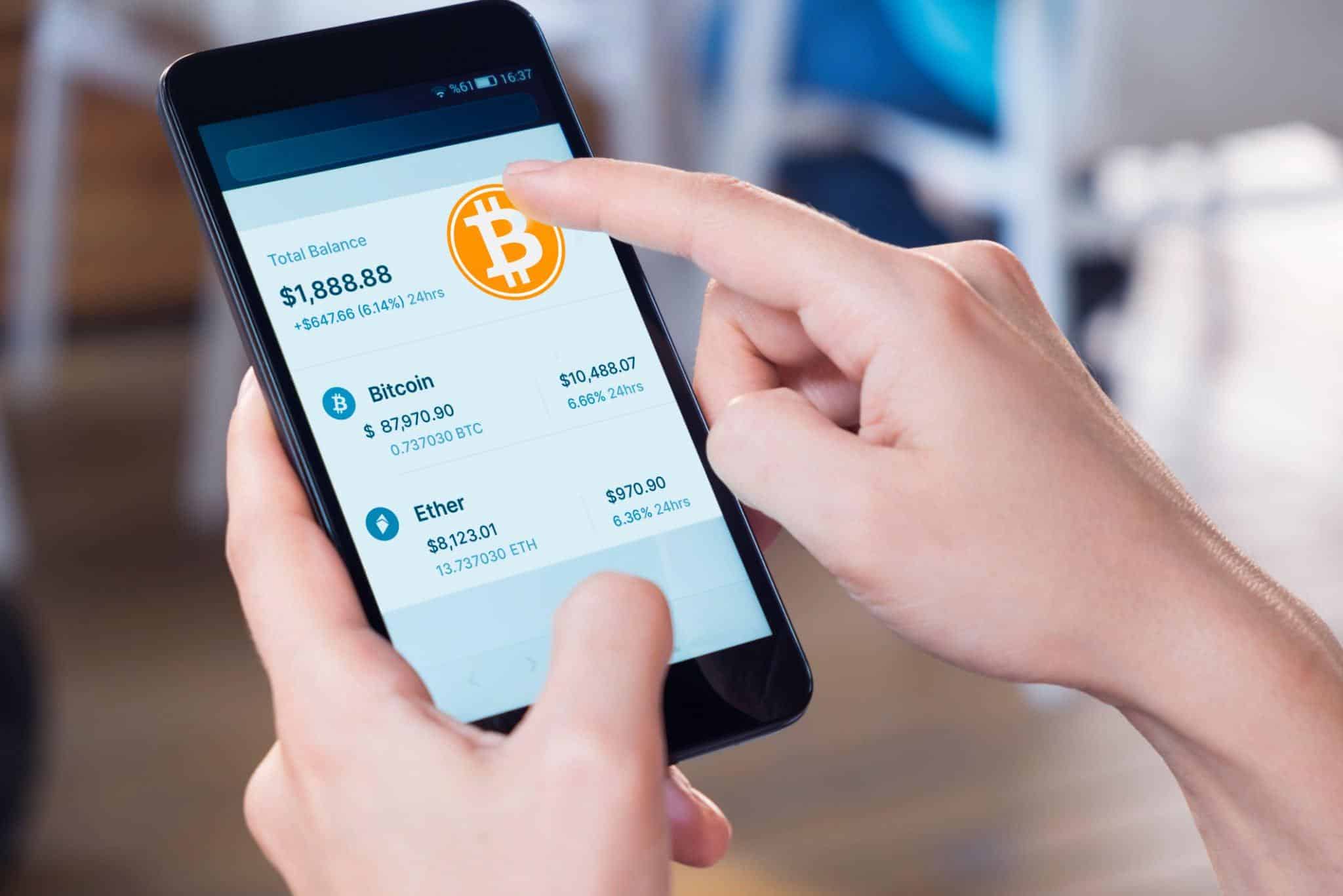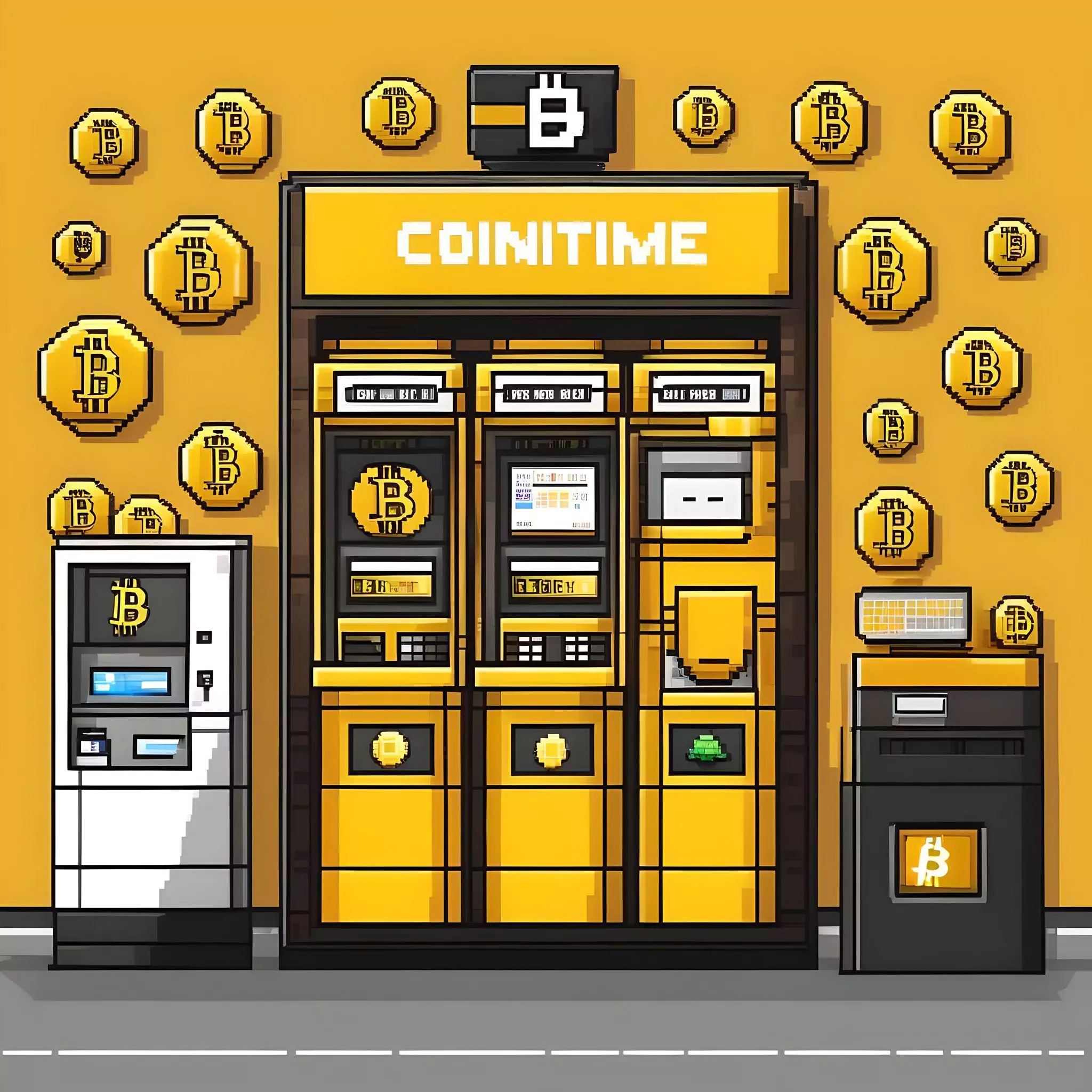The relevance of Bitcoin is growing, and so is its user base. You need a secure place to store your Bitcoins: that’s a Bitcoin wallet.
Think of it as a digital safe for your coins. Picking the right wallet is crucial. Why?
Because it holds your private and public keys. Lose them, and you lose your Bitcoins.
First, decide: online for daily use or offline for top security? Remember, each wallet varies in security, ease of use, and features. Choose wisely!
But, how do you choose which is best for you, then? That relies on your choices and requirements. Let’s dive into what you should keep an eye on:
Table of Contents
ToggleFactors to Consider When Choosing a Wallet
Security:
You wouldn’t leave your front door open, right? In the Bitcoin world, security is your front door.
Wallets with top-notch security features make sure you have absolute control over your Bitcoin and are easily accessible.
Encryption acts as a digital lock, safeguarding your funds from potential breaches. Additionally, backup options are crucial. Should you face any technical glitches or lose access to your wallet, a comprehensive backup can facilitate the swift recovery of your assets.
Ease of Use:
You should be able to use the Bitcoin wallet and transact using it, without having to rely on YouTube tutorials.
A wallet’s user interface should be intuitive and straightforward, especially for those unfamiliar with the crypto space. The process of sending and receiving Bitcoins should be seamless, preventing potential errors or misunderstandings.
A clear and efficient design enhances user experience, fostering trust in the platform.
Compatibility:
The wallet must work with your chosen devices and operating systems.
Before opting for a wallet, ensure it is compatible with your hardware, be it iOS, Android, Windows, or macOS. This compatibility ensures smooth operations without technical hiccups.
Bonus tip: Look for continuous software support i.e. security upgrades and patch fixes are available on your device.
Anonymity:
Privacy remains a central concern for many in the cryptocurrency sphere. And if you’re someone who likes to keep things private, seek out wallets that specialize in offering enhanced anonymity features.
Some wallets prioritize user anonymity, offering features that obscure transaction details and user identities.
Cost:
Financial considerations are vital. Simply put, you get what you pay for.
Some wallets are free to use but they are often guilty of cutting corners in safety and privacy aspects. Exchange wallets are more secure and are usually free. But you have to remember that both the security and accessibility of your Bitcoins are at the exchange’s mercy.
Some premium options like hardware wallets are pricey. These premium wallets often offer advanced security measures.
It’s crucial to assess whether the additional features justify the price.
Now, let’s know the various Bitcoin wallet types available with examples to help you make a more informed decision.
Let’s explore your options!
Different Types of Wallets
Mobile Wallets:
These are apps on your smartphone that store Bitcoin. They also enable you to send and receive Bitcoin securely and conveniently.
Example: Wallet of Satoshi
| Pros | Cons |
| They’re convenient for quick payments and user-friendly. | Lose your phone or face a security breach, and you lose your Bitcoins. |
Desktop Wallets:
You download these as software on your PC or laptop.
Example: Electrum
| Pros | Cons |
| They offer better security than mobile wallets and can have advanced features. | A computer virus or hack puts your Bitcoins at risk. |
Web Wallets:
Web wallets are accessed through a web browser, making them available on any internet-connected device.
Example: Exodus
| Pros | Cons |
| High flexibility and convenience for managing Bitcoin on the go. | Reliance on third-party service and limited control over the private key. |
Hardware Wallets:
These are physical devices, like USB sticks, designed for Bitcoin storage. Ideally kept offline, these need to be connected to the internet when you want to transact.
Example: Ledger Nano X
| Pros | Cons |
| They’re very secure from online attacks or hacking attempts. | They can be pricey. |
Exchange Wallets:
These wallets come along with cryptocurrency trading platforms or exchanges. And the safety of your Bitcoin is dependent on the exchange’s integrity and security measures.
Example: Binance
| Pros | Cons |
| You can access them from any internet-connected device. | Dependence on a third party — corruption and hacking threats shall exist. |
Once you’ve picked your Bitcoin wallet, it’s crucial to follow some key steps to keep your assets safe.
Best Practices After Choosing a Wallet
Regular Backups:
Regularly backing up your wallet is vital. This ensures that if anything goes wrong—say a device crash or accidental deletion—you can recover your Bitcoins.
Periodic backups act as a contingency, ensuring data recovery. It’s advised to store these backups in multiple, secure locations to mitigate risks.
Updating Wallet Software:
To maintain the integrity and functionality of your wallet, it’s essential to regularly update the software. Developers continually enhance security features and fix potential vulnerabilities.
Staying updated ensures you’re using the safest, most efficient version, protecting your assets and improving functionality.
Diversify Your Storage:
You wouldn’t keep all your savings in a single pocket. Similarly, avoid storing large Bitcoin amounts in one wallet. Distributing your assets across multiple wallets reduces the overall risk by spreading it. In the event one storage point is compromised, it doesn’t jeopardize your entire Bitcoin holding.
This strategy embodies the principle of not consolidating all assets in one vulnerable location. Safety should always remain paramount.
Final Thoughts
Picking the right Bitcoin wallet is super important. The safety and accessibility of your assets hinge upon this choice.
It’s paramount to approach this decision with the seriousness it merits. Don’t rush; the crypto world isn’t going anywhere.
Take your time, do some reading, ask questions, and weigh the pros and cons of each option. Your future transactions, security, and peace of mind depend on it.
Always remember, a well-informed choice today will pave the way for a seamless and secure crypto experience tomorrow.







